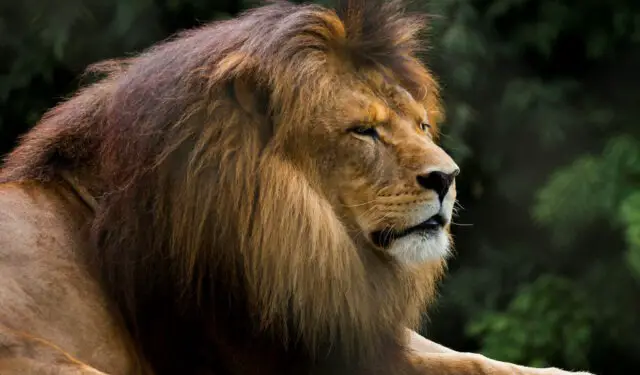
Following reports of an African lion sighting in Puerto Viejo de Sarapiquí, the National System of Conservation Areas (Sinac) carried out an inspection and found no preliminary evidence of the animal.
On December 9th, residents of that community filed a complaint about the presence of an African lion with the Sarapiquí Subregional Office of the Arenal Huetar Norte Conservation Area, Sinac anounced in a statement.
Neighbors reported images of the alleged sighting in the community of Colonia San José de Sarapiquí. But when Sinac inspectors arrived at the site, they found no preliminary evidence of the animal.
In addition, Sinac reported that “there is no record in the Sarapiquí Subregion of permits for the possession of exotic felines, nor authorization or issuance of documents for their transfer.”
The conservation system also does not register attacks on domestic animals or people in the community, the statement said.
Even so, the authorities indicated that “the investigations will continue and the results obtained will be reported in a timely manner.” They also asked to avoid sharing information from unofficial sources.
Vulnerable species condition
The lion is a species native to Africa and in a vulnerable state of conservation due to hunting and the destruction of its habitat. These, however, cannot enter the country without a management permit issued by Sinac, as they are an exotic species.
According to the Wildlife Conservation Law, exotic organisms are species declared as wild by their country of origin. In the event of seizing a species of this type as a result of illegal trade, the authorities must return them to their place of origin or place them in a management site, according to technical criteria.

